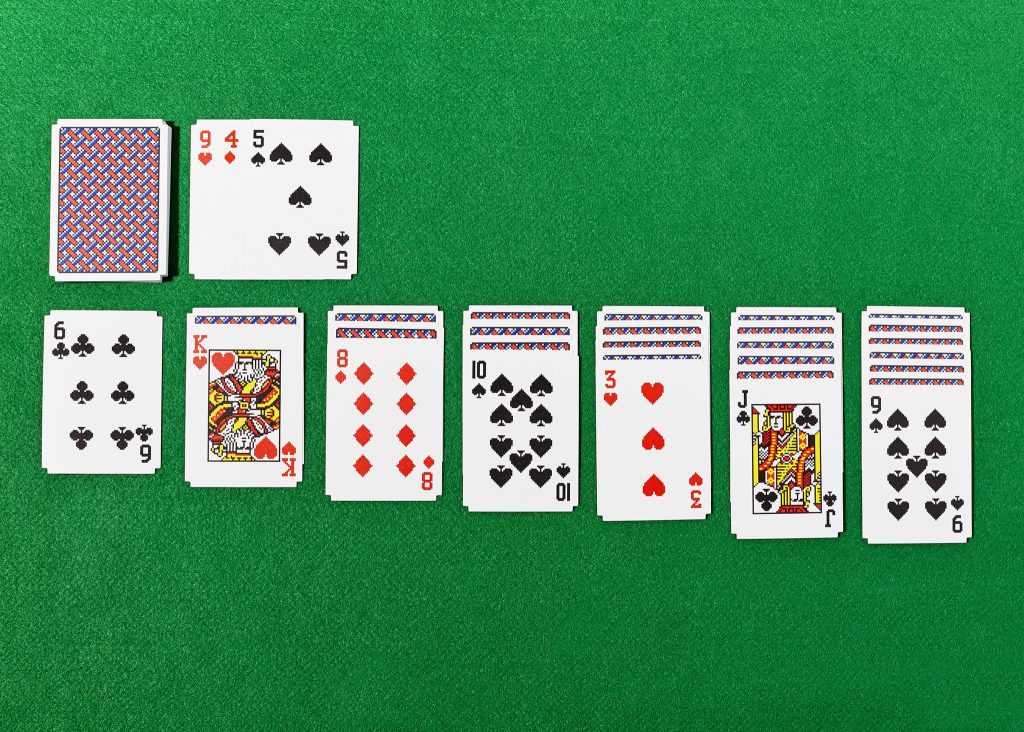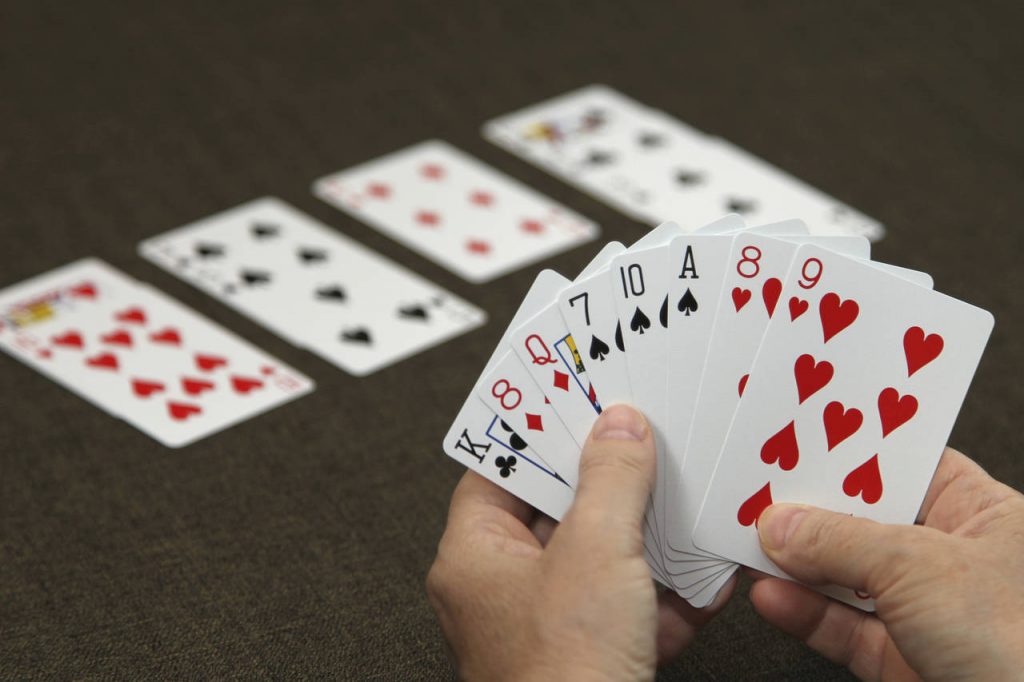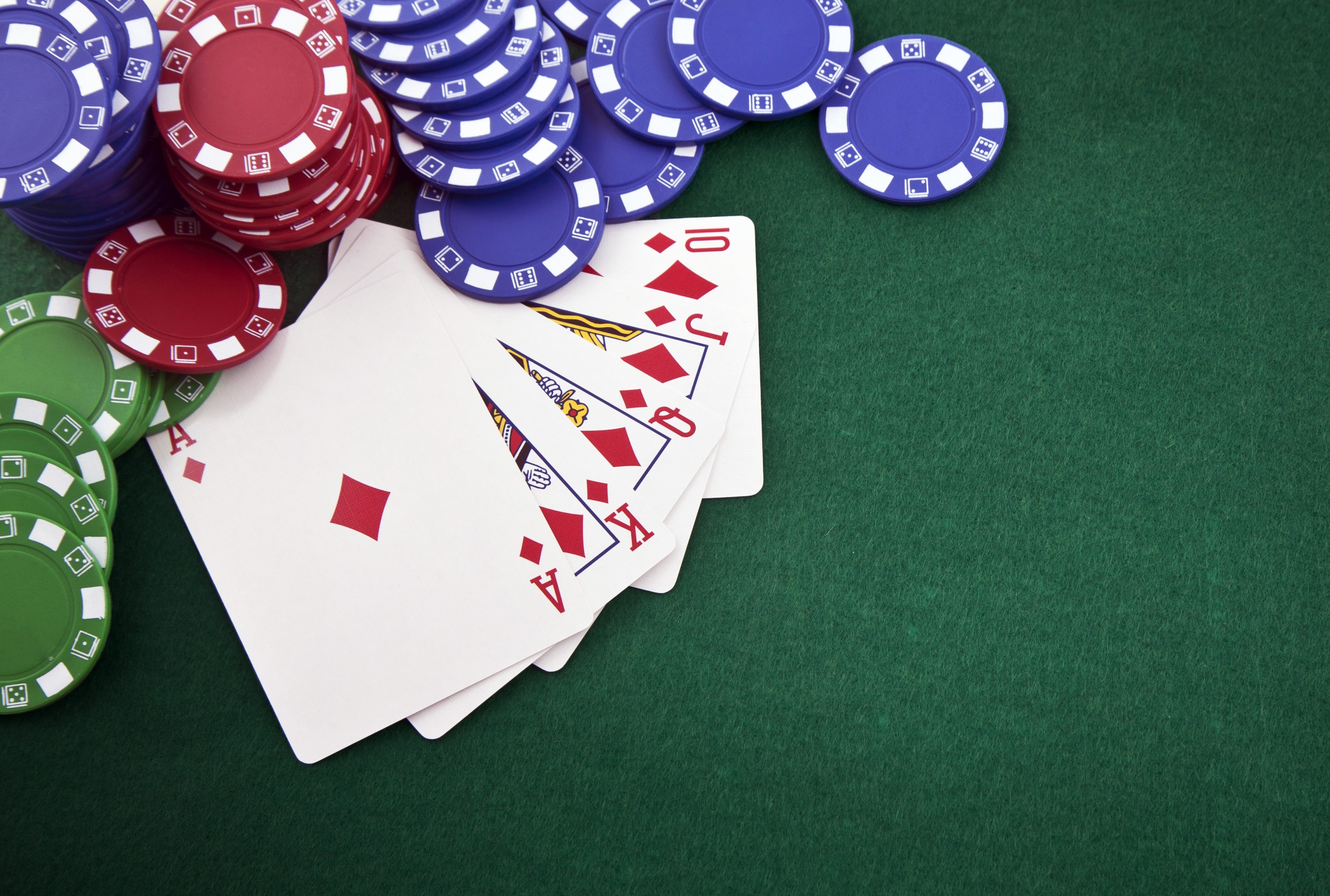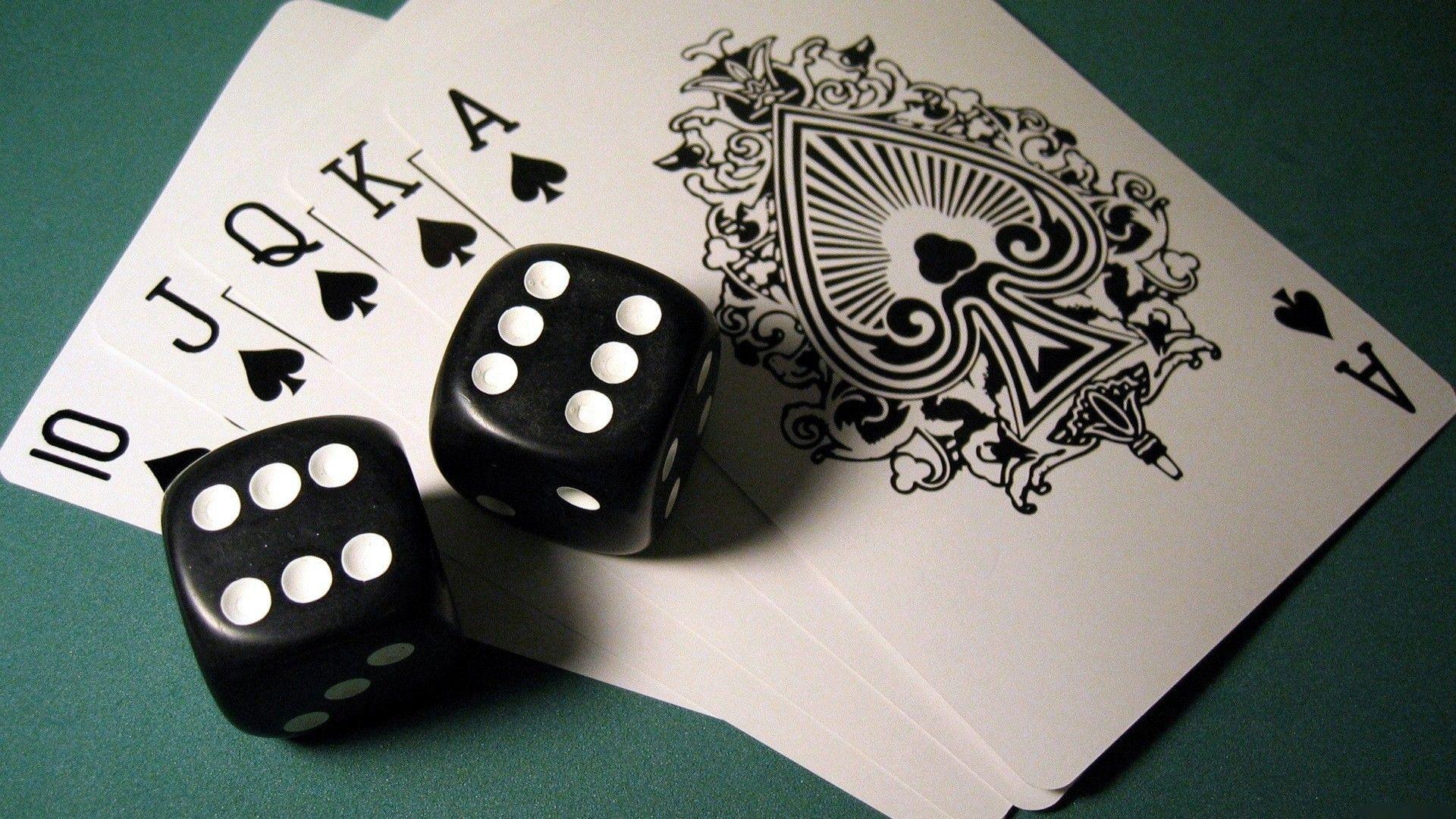A few days ago, taking advantage of an article on card games, we reviewed the most popular games played with the Spanish deck of cards in this historical battle with the poker deck to see which of the two is more popular among fans of board games and games of chance.
The truth is that the answer seems quite clear today as the most popular poker games such as Texas Holdem or Omaha are played with English or poker cards and are massively followed in all countries of the world, not to mention the internet where online poker has become an industry as competitive as it is followed by millions of internet users…..
However, the aim of this new article is to analyse precisely if there are other games played with poker cards that can somehow overshadow the very famous games we talked about in that article: Tute, Brisca, Chinchón, Pocha, Cinquillo, Remigio and Escoba.
In the different sections below we will try to explain the rules, the deck that is used, if there is any special feature with the deck and if these poker card games have found on the internet a massive channel of diffusion as has happened with poker itself.
And we can already tell you that three are representative of different variants of card games – bridge, solitaire and black jack – and the other two are types of poker that are not usually on offer in online poker rooms but are widely played live: Blind Hold’em and Chinese Poker.
Solitaire

Solitaire is one of the most popular variants of poker card games in the world thanks to the main feature that makes it irresistible: it can be played alone, hence the name of the game. Among the card games on offer, it is not at all common for one to be able to play alone.
The aim of most variants of this card game is none other than to form stacks of cards or poker cards in ascending order (starting with the Ace, which takes the value of 1 and ending with the King or K). Although there are countless variants of this game, the most common is the one that requires you to complete 10 rows of cards.
The mechanics of the game is very simple: the cards are shuffled well and are raised one by one, placing the corresponding card in one of the rows. Evidently this is a game in which skill and experience are fundamental because on many occasions it is not possible to place them and on many other occasions it is difficult to see where to do so, although the study of probability is not involved as it is in blackjack and poker, for example. In any case, when we locate a card that cannot be placed in any of the decks, we return it to a special deck and leave it face down. This deck will accumulate cards until it is finished and then we will start again…
We would like to point out that the popularity of this game on the internet is due to the incorporation of numerous solitaire variants in operating systems using Windows and iOS since its first versions more than two decades ago.
Bridge

Bridge is one of the poker card games that has contributed most to the prestige and skill component of games using an English deck of cards. Although the rules are not complex, it takes time to master the game.
It is a game in which teams of two people play against each other, usually four players playing in two pairs. The main objective of the game is to anticipate the number of cards they can get in the game and to do so they place a bet.
Thus, whoever manages to reach the number of tricks assigned will be considered the winner. And the losing pair will be the one that has not reached the agreed number of tricks.
As we can see, the key to this game is the initial round of betting, a very important element in all games that originated in the United Kingdom.
In this card game there are also rounds and in these rounds each pair must win a minimum number of tricks that are sufficient to reach the amount agreed in the initial bet; thus the ultimate aim of the game is to win one of the thirteen tricks in each hand.
In the collection of paintings of Dogs Playing Poker, we can also see some paintings in which these curious card players play Bridge.



Be the first to reply